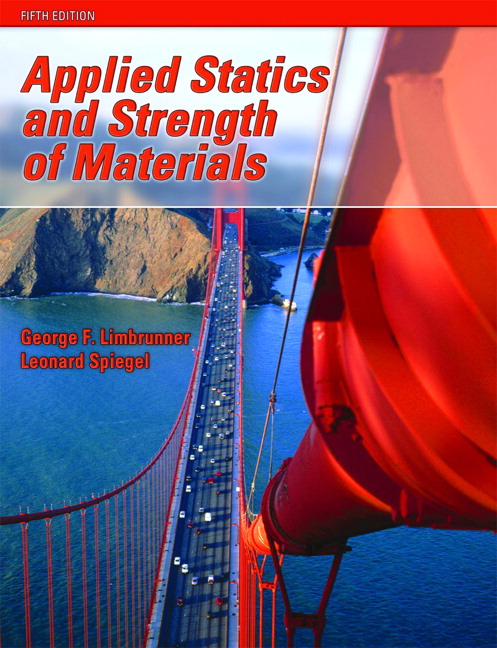Data collected from a bike-sharing system exhibit complex temporal and spatial features. We analyze shared-bike usage data collected in Seoul, South Korea, at the level of individual stations while accounting for station-specific behavior and covariate effects. For this, we adopt a penalized regression approach with a multilayer network fused Lasso penalty. These fusion penalties are imposed on networks which embed spatio-temporal linkages, and capture the homogeneity in bike usage that is attributed to intricate spatio-temporal features without arbitrarily partitioning the data. On the real-life datasets, we demonstrate that the proposed approach yields competitive predictive performance and provides a new interpretation of the data.
翻译:暂无翻译




